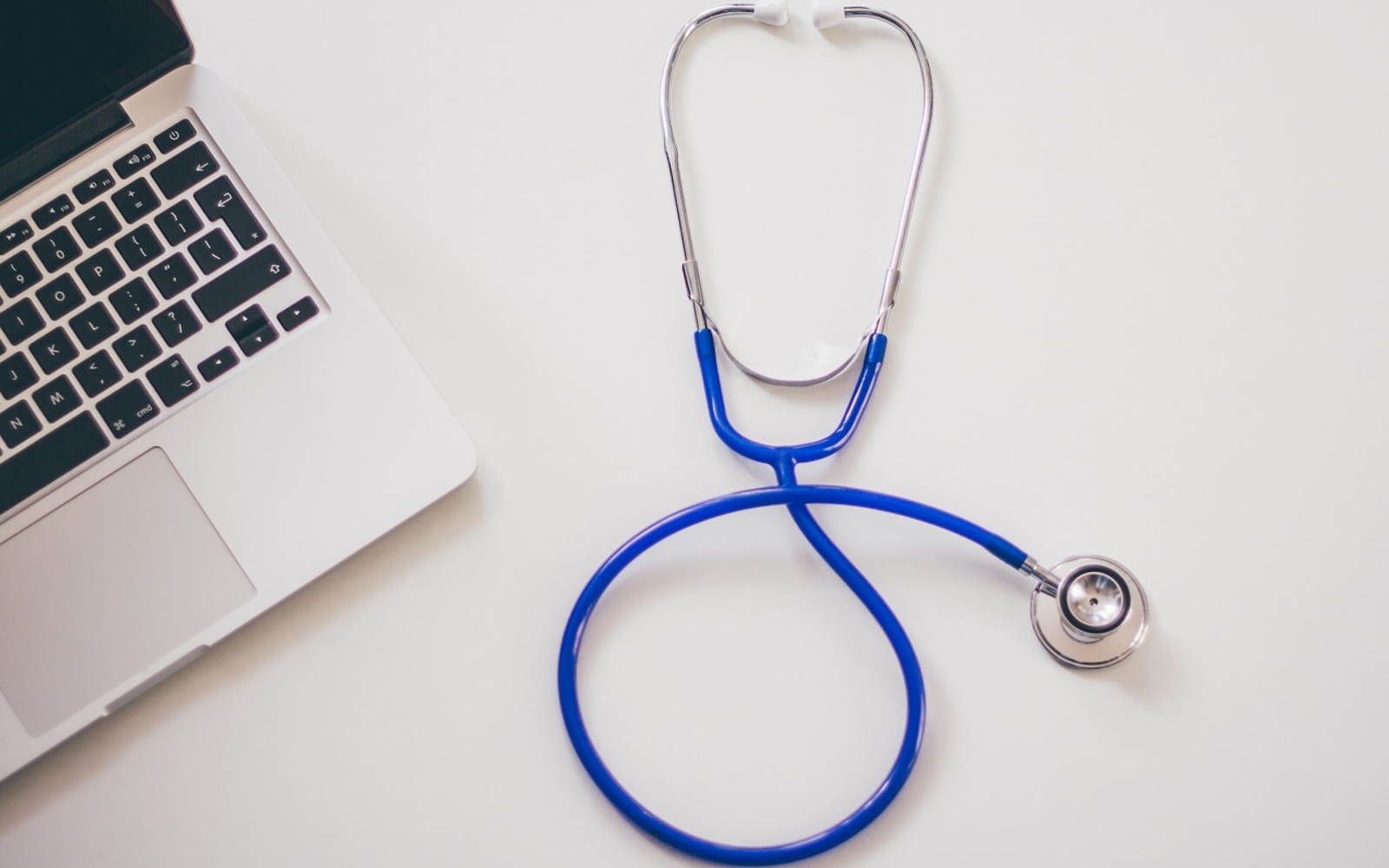Thousands of sensitive medical information of British citizens, compiled on the UK Biobank, have been shared with insurance companies.
In the digital age, we know to what extent personal data has become a real gold mine for the entities that control it and this observation is already disturbing enough. On the other hand, when it comes to biomedical data, and it has been shared for purely profit-making purposes by a research organization mainly financed by public funds, it is truly alarming. This is an investigation carried out by Observe which revealed these rather scandalous facts: the UK Biobank, despite its initial promises, leaked this data to put it in the hands of private insurance companies.
A gigantic breach of confidentiality
Originally, the UK Biobank was founded in 2006 to help with disease research. It therefore contains a very large database bringing together biological samples and other sensitive medical information from 500,000 volunteers. These data are normally accessible to accredited researchers, in exchange for a certain sum: 3,000
£ to £9,000.
Surprise, theObserve discovered during its little investigation that the Biobank was not content to share this information with aggregated professionals. From 2020 to 2023, it also disseminated this information to insurance companies to help create digital tools based on AI to predict the risk of chronic diseases. An action which, in addition to being completely immoral, goes against the organization’s initial promise. The latter had, in fact, undertaken in the past not to share this data with insurance companies, in order to avoid any discriminatory use.
Ethical consequences and reactions
Among geneticists, activists and data privacy experts, this revelation is a blow. Professor Yves Moreau is an expert in AI and genetics; he considers that this action represents “ a serious and disturbing violation of trust “. For his part, Sam Smith, coordinator of medConfidential (NGO in the United Kingdom campaigning for the protection of patient health data), emphasizes that these data were intended to “ help cure illnesses » and not to feed the insurance industry.
Biobank responded to these accusations and did not deny the facts. According to her, this shared data was not identifiable. She also justified herself by arguing that the insurance companies which collected this data were indeed carrying out research related to health.
Although the exact extent of sharing is currently not known, we already know that companies like Lydia.ai, Club Vita or Remark International have profited from this data. A problem which rather violently highlights the problem of confidentiality in the management of health data. Even more so when we know that AI is a technology that is of interest to more and more professionals in the medical field.
Source : The Guardian

6